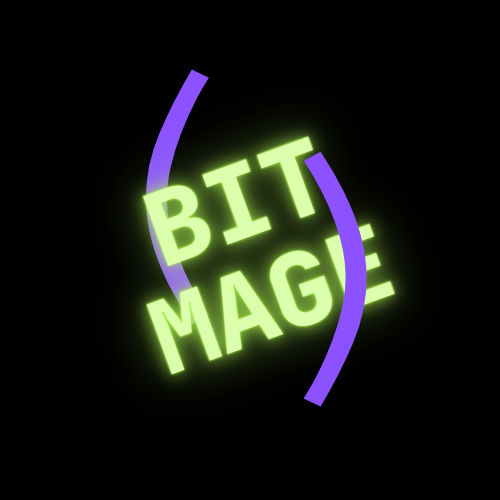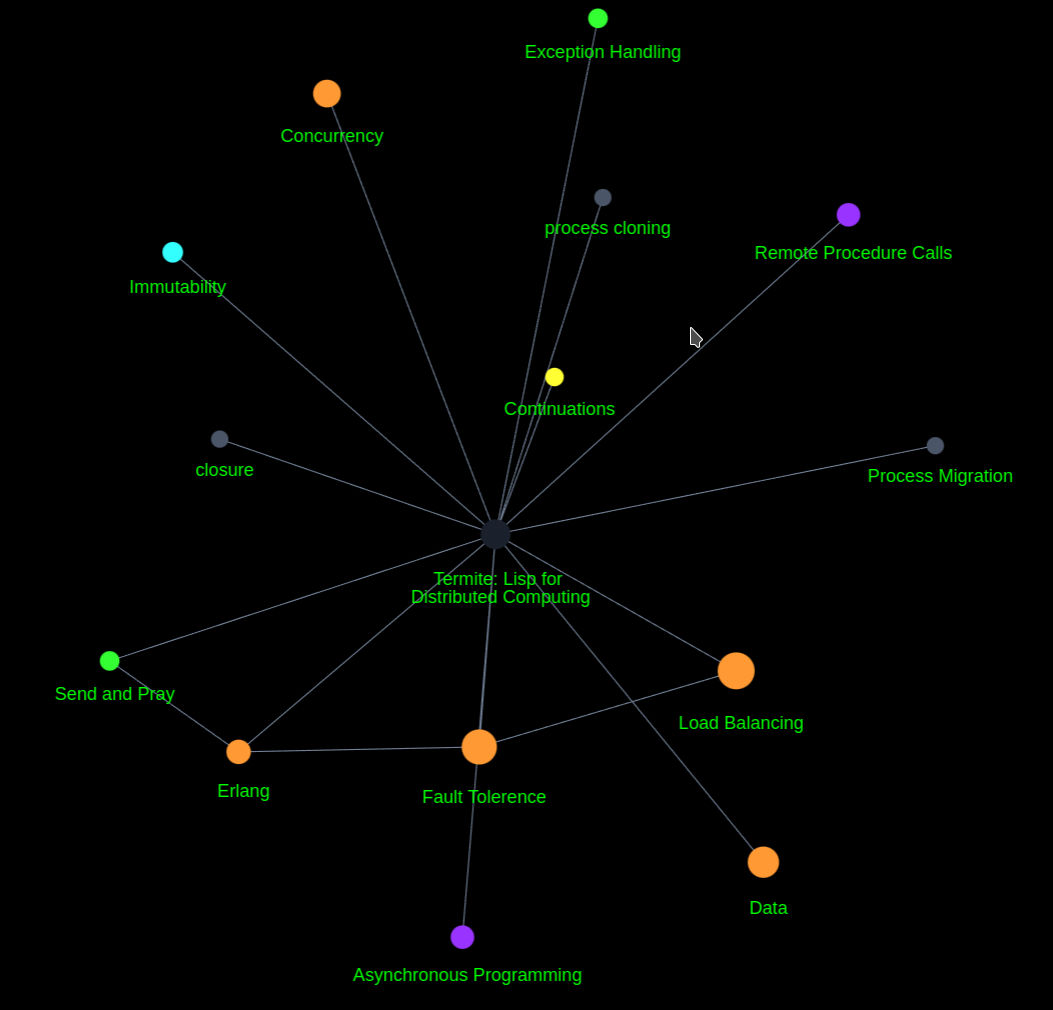The Home Row
Getting a little pedantic with my doom configs1 these days..
(defmacro generate-bindable-lambda (&rest body)
`#'(lambda ()
(interactive)
,@body))
;; .. the home row ..
(map! :map evil-normal-state-map
"C-M-i p" (generate-bindable-lambda (insert "+"))
"C-M-i n" (generate-bindable-lambda (insert "-"))
"C-M-i u" (generate-bindable-lambda (insert "_"))
"C-M-i e" (generate-bindable-lambda (insert "=")))
Maybe I should consider buying foot pedals.., and eye trackers (3 screens at the moment ) .., and setting up an array of interface sensors to truly begin exploiting emacs.., to the point of conducting an orchestra of text buffers.., somewhat musically (/ whimsically?)..

